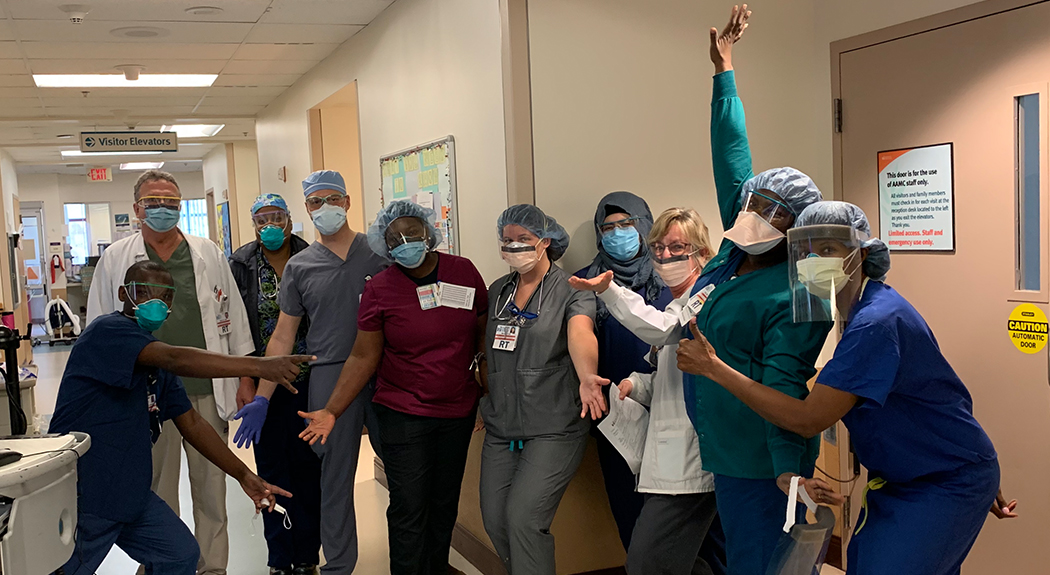All around the country—and right here in Anne Arundel County—doctors, nurses, technicians, social workers, and a myriad of others are caring for the sickest of the sick in trying and often heart-breaking conditions.
Every day they—YOU—sacrifice time with loved ones in the service of others. Every day, you as frontline warrior don your armor and steel yourselves to do battle against not only COVID-19, but all the other ailments that haven’t taken a break simply because COVID is in town.
But I wonder, what protection do you place on yourself for your mental and emotional health?
As health care providers, we have to be strong—strong for our patients, and strong for each other. Sometimes it’s hard to ask for help because we have to be so strong all the time.
But we are also human and subject to fatigue, fear, loneliness, frustration, and sadness. Just like everyone else.
We can’t stop being strong, we can’t stop caring for people, and we can’t just walk away. So what can we do? How can we take care of our own mental and emotional needs, especially when our days are so long and time is at a premium?
I’d like to offer some simple guidelines:
- Take time to breathe. It sounds really simple, almost too simple. But we get so busy and feel so rushed, that at times we have to remember the simple things.
- Take breaks. They don’t have to be long. Just a few minutes to listen to a favorite song, to read a chapter out of a favorite book, to play a game on your phone. Something different from the demands of the day.
- Get sleep. Yes, this one is tough. Days (and nights) are long, and there are often not enough hours in the day. But we know that a tired mind and body are not nearly as effective as a well-rested mind and body. Be sure to make sleep a priority.
- Exercise. This one is also tough, especially given the demands of the day. Even 15 minutes a day can go a long way to helping you feel refreshed and restored. You don’t have to go to the gym—take the stairs instead of the elevator. Go for a brisk walk. Do yoga. Keep a small set of weights in your workspace to use.
- Reach out to others and stay connected. Maybe this one needs to be first. We are so used to taking care of the needs of others that we need to remember to let trusted others know our needs, too. Call your family and friends—not just to check in on them, but to let them know how you are, too. Give people permission to check in on you.
- Seek help. There may come a time when all of these things don’t seem to help. You may feel in over your head, or burnt out, or unable to continue. Don’t be afraid to reach out or seek assistance. Help is just a walk down the hallway or phone call away.
We are all in this together. We need you!
As you take care of others, please be sure to take care of yourself, too. Your mental and emotional health are worth the investment.
 Eric Anderson, MD, is medical director of the J. Kent McNew Family Medical Center.
Eric Anderson, MD, is medical director of the J. Kent McNew Family Medical Center.




